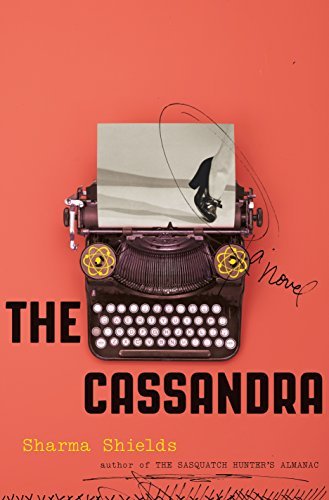What do you think?
Rate this book


289 pages, Kindle Edition
First published February 12, 2019
This—the butchery, the dripping floor—was what kingdoms of men did to one another. We were no more than instruments of hatred.
The pretty ones, the loud ones, the impossible ones, were prodded and bedded and beaten. Some complained of the rats and of the food, which looked and tasted like vomit. I tried not to frown at these bellyachers or appear too condescending.
What do you expect? This is womanhood, boiled down.